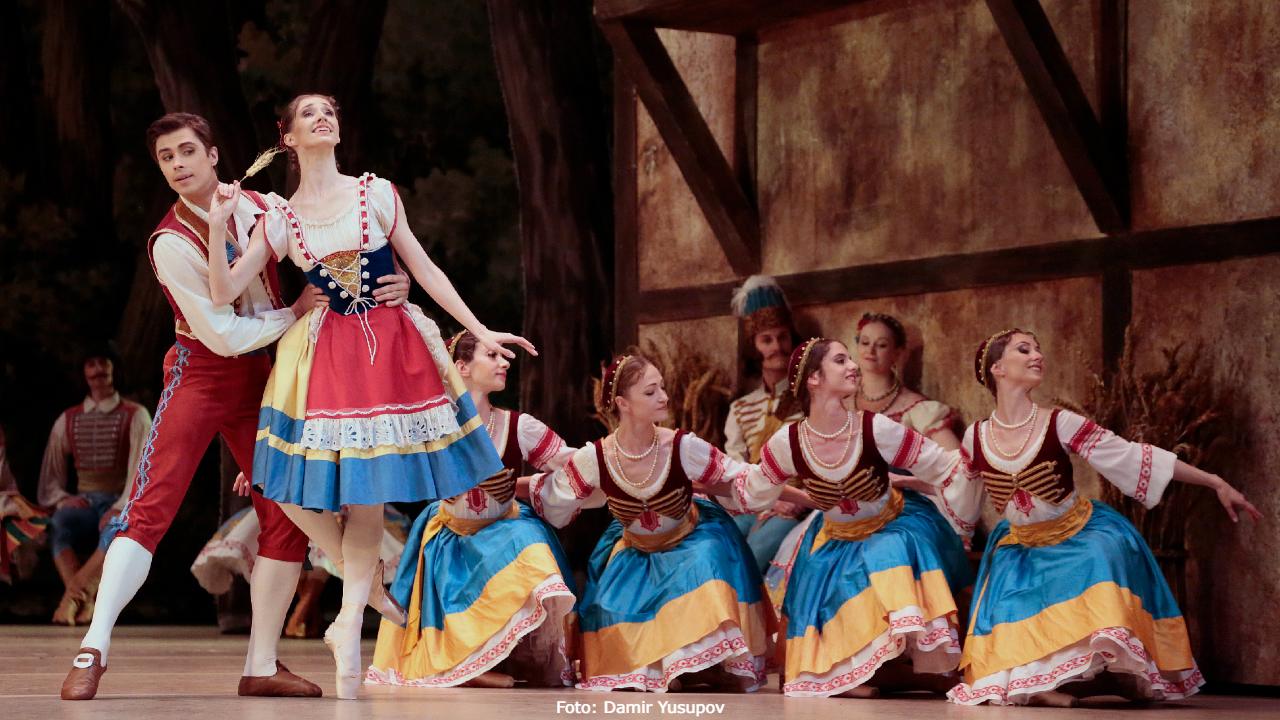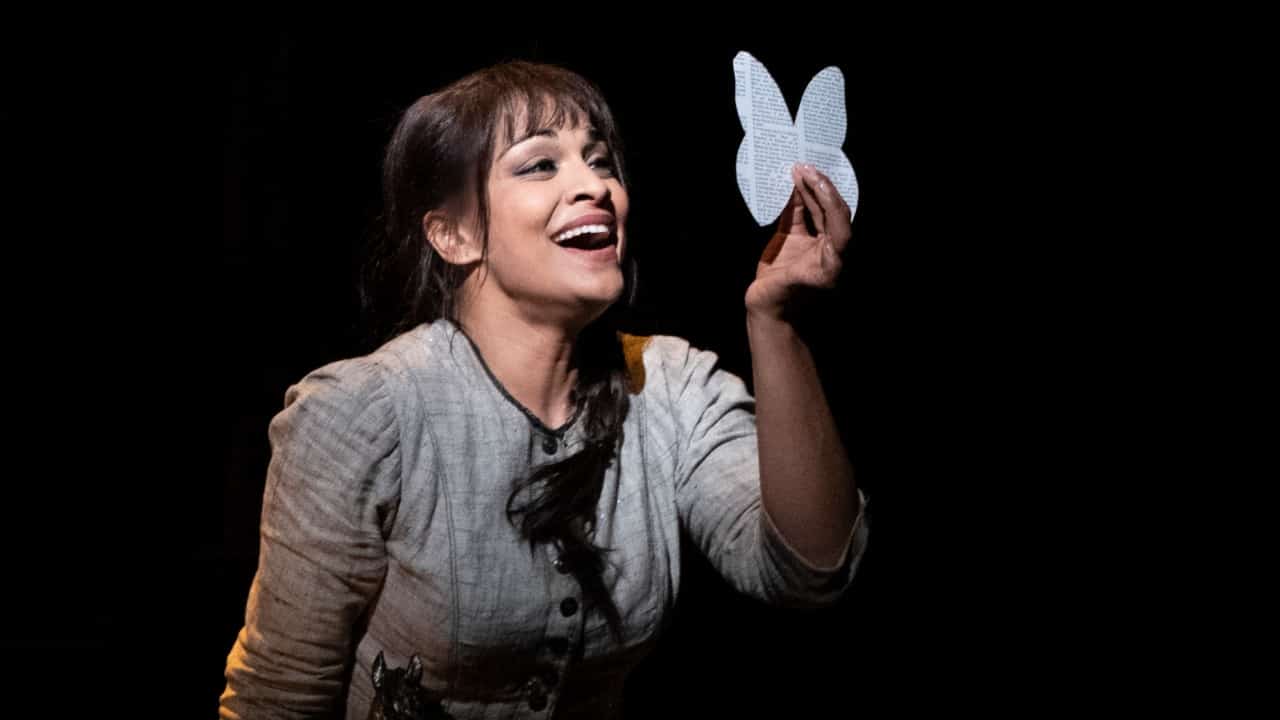Reducing oriental cultures to simplistic exotic decoration –or «fictional essences », in post -colonial terminology– is one of the characteristic traits of 19th century exoticism. Lakmé – as with L’africaine beforehand or Madama Butterfly afterwards, each one with its particular success and sensibility - developed a tremendously delicate archetype of a romantic relationship, generally with a tragic finale, between a Western colonizer and a beautiful and sacrificial Easterner. Beyond this debate, the approach permitted European composers to tint their scores with an evocative fragrance. Such is the case of Lakmé, where the «Flower Duet», over time, has become a crossover of universal proportions in the same way that the «Bell Song » aria of the protagonist became, from the moment the opera premiered, an insignia of all esteemed lírico–ligera sopranos.
Fortunately, Lakmé is much more than these two moments. Not in vain, Delibes can be considered, along with Tchaikovsky, as the leading composer of ballet in the 19th century. His splendid score shows us just how much remains to discover of French opera.
Opera in three acts
Music by Léo Delibes (1836-1891)
Libretto by Edmond Gondinet y Philippe Gille, basado en la novela Rarahu ou le Mariage (1880) de Pierre Loti
Premiered in the Teatro de la Opéra-Comique de París April 14th, 1883
Premiered in the Teatro Real on November 13th, 1898
Opera in concert version
Artistic team
Conductor I Leo Hussain
Chorus master I Andrés Máspero
Principal Chorus and Orchestra of the Teatro Real
Cast
Lakmé I Sabine Devieilhe
Gérald I Xabier Anduaga
Nilakantha I Stéphane Degout
Frédéric I David Menéndez
Mallika I Héloïse Mas
Hadji I Gerardo López
Miss Ellen I Inés Ballesteros
Miss Rose I Cristina Toledo
Mistress Bentson I Enkelejda Shkosa
Kouravar I Isaac Galán




